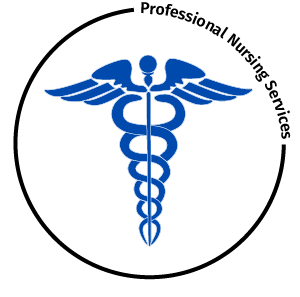PULMONARY HYGIENE/TOILETING
Pulmonary hygiene, previously known as pulmonary toileting, refers to exercises and procedures that help to clear your airways (trachea and bronchial tree) of mucus and other secretions. This ensures that your lungs get enough oxygen and your respiratory system works efficiently.
Pulmonary hygiene can be part of a treatment plan for any condition that affects your breathing abilities. Examples include, but are not limited to:
- chronic obstructive pulmonary disease (COPD)
- asthma
- bronchitis
- cystic fibrosis
- pneumonia
- emphysema
- muscular dystrophy
There are several pulmonary hygiene methods and approaches. Clients may use: breathing exercises, cough assist treatments, spirometry, CPT, CPT vest, percussion, vibration, suctioning, coughing, huffing, deep breathing exercises, medications, nebulizer treatments. etc.
Critical Nursing measures with Pulmonary Hygiene:
- Follow MD orders
- Perform Respiratory Assessment Prior to performing any treatments
- Utilize pulse oximetry for any treatments if available to note patient’s tolerance.
- Pulmonary hygiene – Bronchodilators (via Neb) are used to open airways and are commonly given just prior to, or during the use of CPT vest. Ie Xopenex. Albuterol
- Corticosteroids are used to control, and prevent symptoms (wheezing and shortness of breath) caused by asthma. They work directly in the lungs to make breathing easier by reducing irritation and swelling of the airways. Corticosteroids are given via inhalation, and may take up to 24 hours to take effect. Avoid suctioning immediately after administration to maximize the effect of the medication. Ie-QVAR, Flovent, Pulmicort
Usual Pulmonary Hygiene MD orders
- Perform Respiratory Assessment- document
- Bronchodilator via neb (Albuterol, Xopenex)
- Manual CPT/or CPT using the vest during Bronchodilator administration/or immediately after
- Suction
- Corticosteroid via neb (QVAR, Flovent,Pulmicort,)
- Perform Respiratory Assessment noting effectiveness of treatment.
